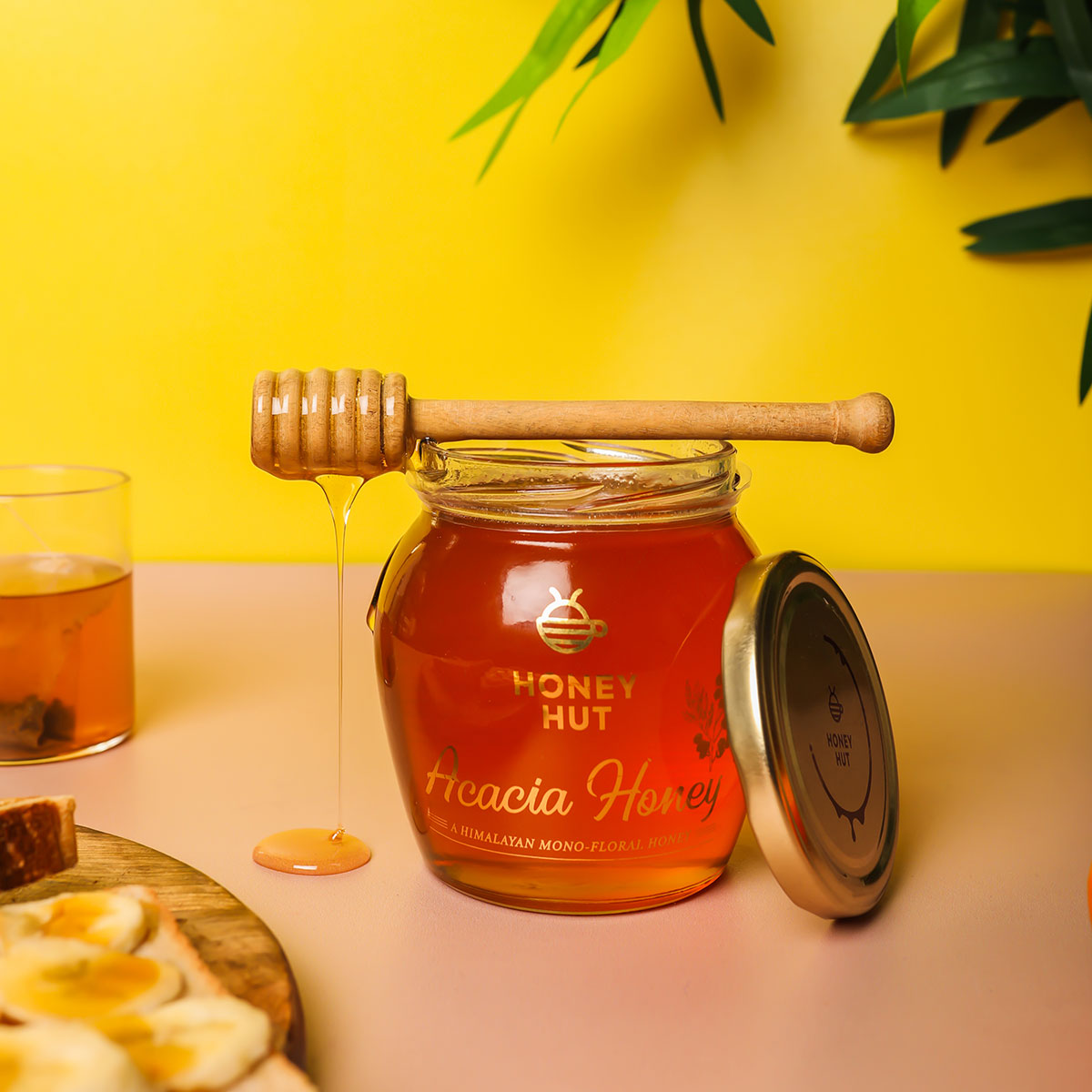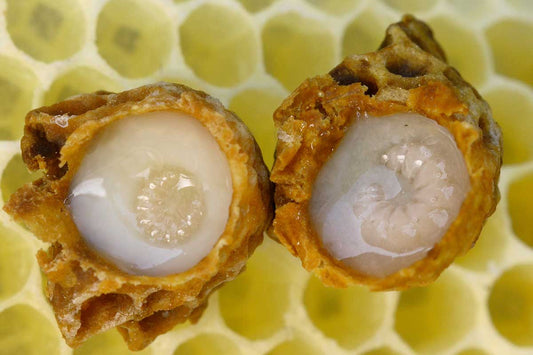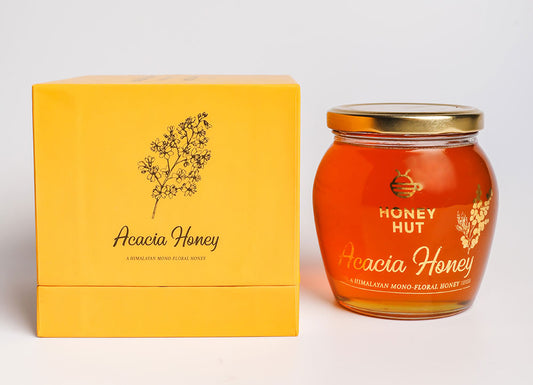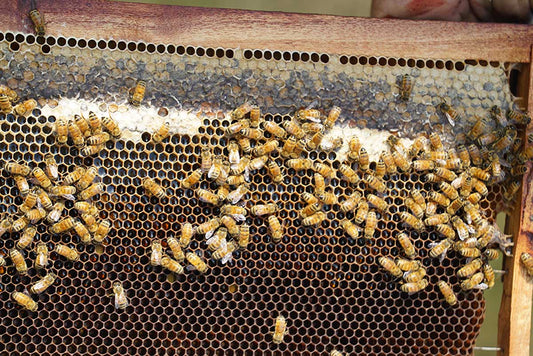Queen bees are a vital component of any honeybee colony, serving as the primary reproductive and organizational force in the hive. Here are some key insights into the fascinating world of queen bees and their role in the hive:
First, queen bees are responsible for laying all of the eggs in the hive, which can number in the tens of thousands per day. They are able to do this by producing a powerful pheromone that suppresses the reproductive abilities of other female bees in the colony.
Second, queen bees are typically larger and longer-lived than other bees in the colony, with a lifespan of up to several years. This longevity allows them to maintain control of the hive over an extended period of time.
Third, queen bees are essential for the social organization of the hive, directing the activities of worker bees and drones and ensuring that the hive functions smoothly. They communicate with other bees through a variety of signals and cues, including chemical pheromones, body language, and sound.
Fourth, queen bees also play a key role in the genetics of the hive, passing on their genes to the next generation of bees. Beekeepers can selectively breed queen bees to produce colonies with desirable traits such as high productivity, disease resistance, or gentle temperament.
Finally, queen bees are highly valued by beekeepers and honey producers, as their presence in the hive is essential for maintaining a healthy and productive colony. Beekeepers can carefully manage the health and behavior of queen bees to maximize the productivity and health of their hives.
In conclusion, queen bees are a fascinating and essential part of any honeybee colony, serving as the primary reproductive, organizational, and genetic force in the hive. By understanding the complex behavior and biology of queen bees, beekeepers and honey producers can ensure the health and productivity of their hives, and continue to enjoy the many benefits of high-quality, sustainably produced honey.










